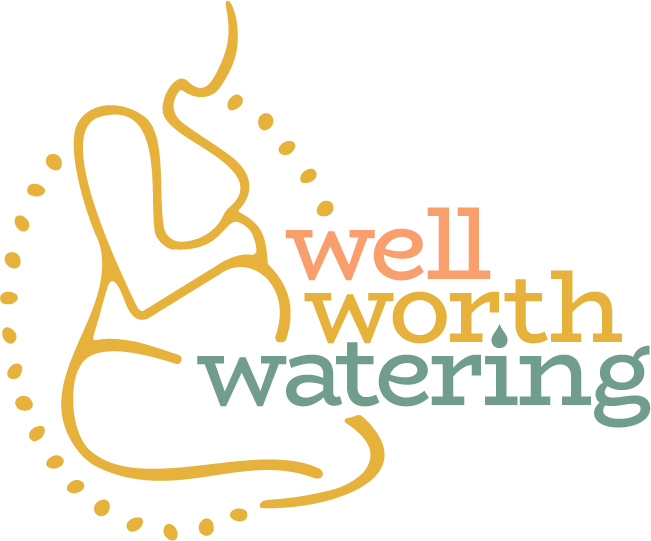3 Ways to Support Black Maternal Health Year Round
Black Maternal Health Week, typically observed between April 11th and April 17th, is a dedicated time to raise awareness about the disproportionately high rates of maternal mortality and morbidity among Black women in the United States. According to the Centers for Disease Control and Prevention (CDC), Black women are three to four times more likely to die from pregnancy-related causes compared to their white counterparts—a troubling statistic that underscores the urgent need for intervention and advocacy.
During this week, various organizations, activists, healthcare professionals, and policymakers come together to shed light on the systemic inequities that contribute to these disparities.
It's a time for amplifying Black voices, sharing stories, advocating for policy changes, and promoting initiatives aimed at improving maternal health outcomes within the Black community.
As we celebrate Black Maternal Health Week, it's crucial to acknowledge that supporting improved maternal health outcomes for Black mothers is not merely a week-long endeavor—it's a continuous, year-round commitment. This annual observance serves as a poignant reminder of the disparities and challenges faced by Black mothers in accessing quality healthcare. However, to truly effect lasting change, our efforts must extend far beyond the confines of a single week. In this article, we explore the significance of Black Maternal Health Week, emphasize the need for sustained support, and highlight actionable ways to contribute to the cause.
3 Ways to Continually Support Black Maternal Health Year Round:
While Black Maternal Health Week serves as a catalyst for action and dialogue, our commitment to addressing these issues must extend well beyond this week. Achieving tangible progress requires ongoing dedication, resources, and collaboration. Here are several ways we can sustain support for Black maternal health beyond the confines of a single week:
1. Promote Cultural Competency in Healthcare: Advocate for culturally competent care practices within healthcare institutions to ensure that Black mothers receive respectful, dignified, and equitable treatment throughout pregnancy, childbirth, and postpartum care.
2. Invest in Community-Based Organizations: Support grassroots organizations that are actively working to improve Black maternal health outcomes. These organizations often provide crucial services, such as doula support, childbirth education, mental health resources, and access to healthcare navigation assistance.
3. Educate Yourself and Others: Take the time to educate yourself and raise awareness about the root causes of maternal health disparities, including racism, socioeconomic factors, and inadequate access to healthcare. Engage in conversations with friends, family members, and colleagues to foster greater understanding and empathy.
Several organizations are at the forefront of the movement to improve Black maternal health outcomes. Consider supporting the following organizations through donations, volunteering, or spreading awareness of their work:
1. Black Mamas Matter Alliance: A collective of Black women-led organizations working to advance maternal health, rights, and justice.
2. National Birth Equity Collaborative (NBEC): Dedicated to eliminating racial disparities in maternal and infant health outcomes.
3. Ancient Song Doula Services: Provides doula support, childbirth education, and reproductive wellness services primarily to Black and brown families.
As Black Maternal Health Week draws to a close in 2024, let us remember that our commitment to improving maternal health outcomes for Black mothers transcends a mere seven days. It requires sustained advocacy, systemic change, and unwavering solidarity throughout the year. By supporting key organizations, advocating for policy reforms, and amplifying Black voices, we can work towards a future where every Black mother receives the care and support she deserves, not just during a designated week, but every day.







